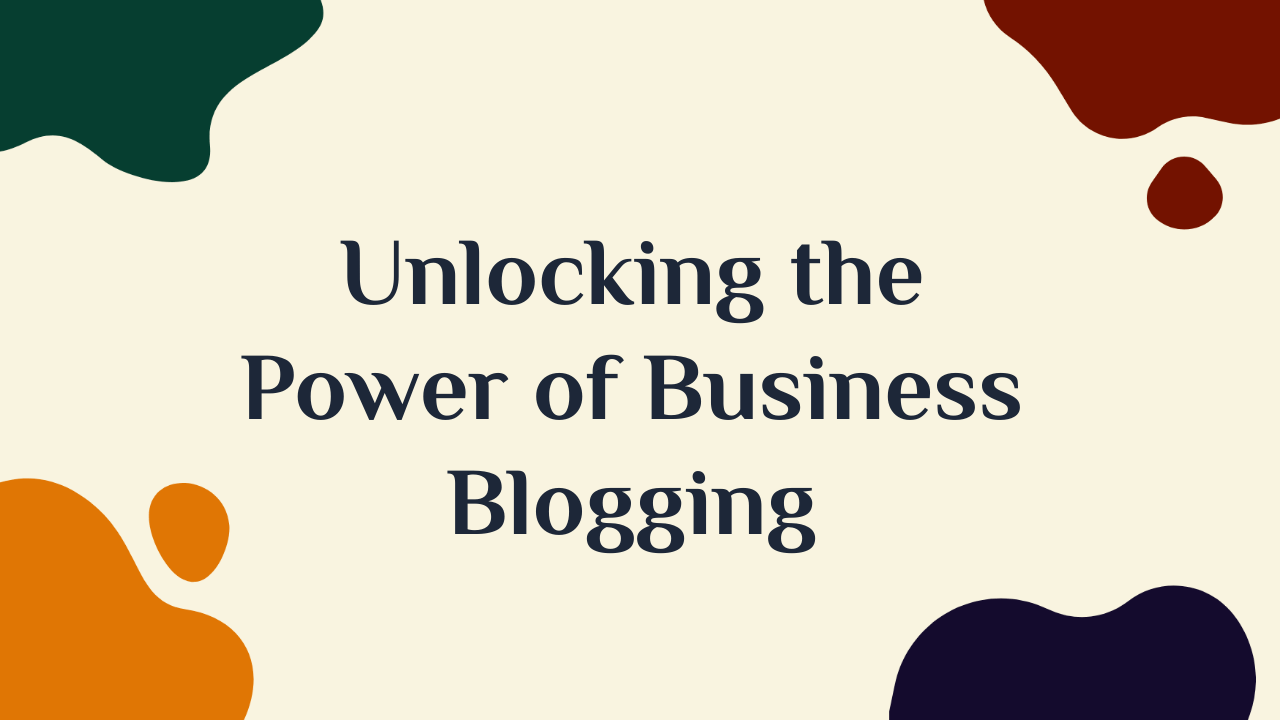How To Become A Respected Blog Commenting Expert.
Every marketer is on a quest. A quest to discover which link-building tactics still work in today's AI-driven search landscape.
Some say blog commenting is dead. They couldn't be more wrong. 💼
Blog commenting isn't just alive; it's thriving as a legitimate relationship-building strategy in 2025.
The issue? Many marketers are too lazy to do it right, or they're clinging to outdated tactics from the pre-AI era.
Back in the day, folks used spammy software to blast generic comments across hundreds of blogs without reading a single word. That doesn't cut it anymore—especially now that search engines use sophisticated AI algorithms to detect inauthentic engagement patterns. 🚫
Try that now, and your site gets punished.
Sent to the back of the search engine rankings faster than you can say "algorithm update." Like a naughty schoolchild banished to the corner, never to be heard from again.
Google's helpful content system and spam detection have become incredibly sophisticated, identifying not just spammy links but spammy behaviour patterns across the web.
So, what's changed?
Simple. You can't be lazy—and search engines have gotten smarter at catching those who try.
If you must automate part of the process, at least be smart about it and keep the human touch where it matters most.
Proper blog commenting isn't hard, but it does require genuine effort and strategic thinking. Any business owner can, and should, do it as part of a broader digital PR and community engagement strategy, not just for SEO.
How to comment effectively in 2025?
Here's the tough part—though honestly, it's only tough if you're trying to take shortcuts.
Ready? Let's go.
- Find Relevant Content
- Find a blog post related to your industry that's recent, relevant, and already has an engaged community discussing it.
- Read Thoroughly
- Read the article thoroughly—not just skim it, but genuinely absorb the author's perspective, the nuances of their argument, and the conversation happening in existing comments.
- Use Real Credentials
- Enter your real name, legitimate business email, and website URL (make sure your website is professional and relevant to the discussion).
- Add Genuine Value
- Leave a sincere, thoughtful comment about the article that adds value to the conversation. Share a personal experience, offer a complementary perspective, ask a genuinely curious question, or even respectfully disagree—but if you disagree, state why clearly with supporting reasoning or evidence.
That's it. Just four steps—though each one requires actual thought and effort.
Easier than you thought in concept, right?
The execution is where most people fall short, because it requires something automation can't provide: authentic human insight and genuine engagement.
Why this approach works:
This works in 2025 because you're genuine, and algorithms can increasingly detect authenticity.
A blog is someone's thoughts, their creative output, their journal of expertise. They invest hours researching, writing, and refining their content.
Nothing irritates them—or their readers—more than a hollow "nice post" comment with no depth or substance.
I mean, really? "Nice post?"
What specific aspect was so nice about it? What insight resonated with you? What value are you adding to the conversation? These are the questions your comment should answer.
The Lazy Approach to Blog Commenting (That Still Works)
Steps 2-4? Don't change them—ever. These require human intelligence and authenticity.
But for the lazy ones with software tools or AI assistants, step one can be streamlined and made more efficient without sacrificing quality.
Use your software, RSS feed aggregators, or content discovery tools to find relevant, recently published blogs in your industry.
Export the list with key metrics like domain authority, engagement rates, and comment activity.
Create a sustainable reading and commenting schedule that fits your routine—consistency matters more than volume. Read and comment on 3-5 posts daily during dedicated time blocks.
This strategic approach works for international campaigns targeting multiple markets or highly localized ones, like if you're a business serving Hampshire, UK, and want to connect with the local business community. 🌍
Quality beats quantity every time:
Blasting 1,000 generic comments across the internet might seem easier and more efficient in the short term.
But what actual return do you get beyond potential penalties and a damaged reputation?
In today's environment, it's infinitely better to secure 3-5 quality backlinks from respected sources with engaged audiences than to harm your site's trustworthiness and authority with obvious spam.
Hard work, strategic relationship-building, and authentic engagement are the new normal—and they're what separate successful marketers from those constantly chasing the next shortcut.
That's it. Easier than expected in theory, right?
The key is committing to the quality-over-quantity mindset and understanding that this is a long-term relationship strategy, not a quick SEO hack.
A word of caution:
Avoid using blog commenting services or automated AI tools for SEO link building.
It's a quick way to get your site de-ranked, lose credibility in your industry, and waste money on tactics that search engines are specifically designed to penalise.
But hey, what do I know? I'm open to other views and alternative perspectives.
Share your thoughts, experiences, and strategies below—I'd genuinely love to hear what's working for you in 2025. 🗨️

Want to know more about how our local SEO services can help your business?



